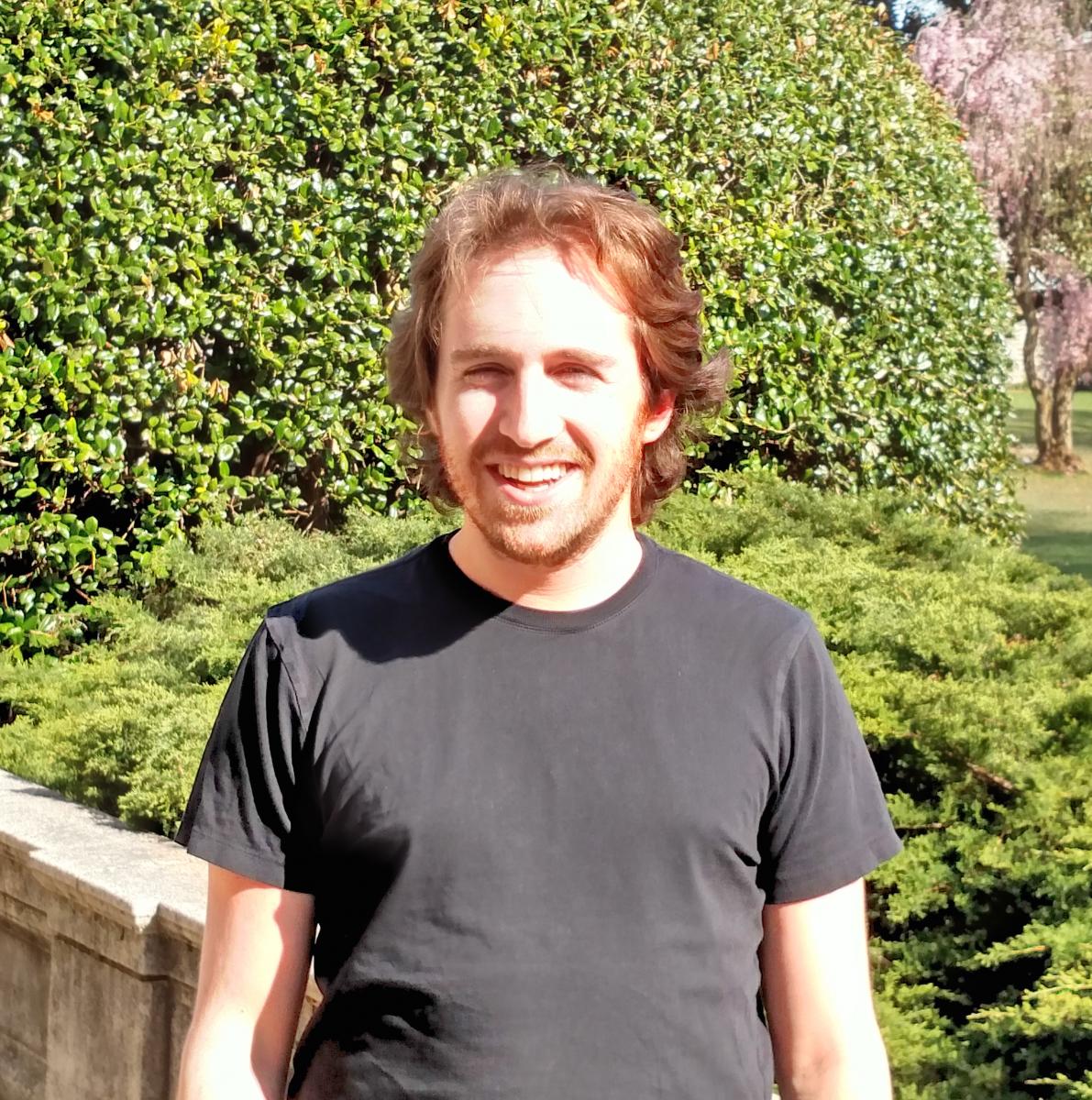Alumni Spotlight: Richard Frankel
Posted in News Story

Name: Richard Frankel
Graduation Year: 2008
Major at GU: Computer Science
Title and Company: Software Engineer, Google
What has your career path been like up to this point?
While at Georgetown, I interned at a startup called Quigo (bought by AOL), then at AMD, then at Goldman Sachs. After Georgetown, I did a Master’s in CS at Stanford, during which I interned at Microsoft and NASA and also started a company, Track.com. I moved to New York to work on that startup full time after graduating, and joined Google’s NYC office while in the process of selling my startup to a hedge fund (which I’ve since done). At Google, I spent a little over 3 years working on Google Maps and recently transferred to Google Fiber.
What is your favorite thing about your job? Your least favorite?
I love working with people I can learn from. I joined Fiber because I didn’t know anything about networking and I wanted a challenge. My team is full of people who are real experts in embedded systems, networking, WiFi, etc.
What accomplishment are you most proud of at this point?
Graduating from Stanford with a GPA over 4.0. Graduate school was the hardest I’ve ever worked in my life, but it was totally worth it.
What is a typical day at work for you?
11:30 AM: Alarm goes off.
11:40: Alarm goes off again. I start reading my email on my phone and scan reddit for anything interesting.
12:00: I get up and spend a little time with my wife and six-month-old twins while I get ready for work.
12:30: Get on the subway, read the Google cafe menus and decide where to get lunch.
1:00: Get to work, grab lunch, take it to my desk, and start replying to work email and reading Google’s internal social network stuff (believe it or not, our internal Google+ instance is heavily used and therefore awesome).
1:20: Start doing some work.
2:30: A 30 min meeting.
3:00 Do more work (write code, do code reviews for teammates, review design docs, file bugs, etc.).
7:00: Grab dinner, with teammates if they happen to be around and not busy, otherwise taking it back to my desk.
9:00: Head home and get some time with my family before my wife goes to bed.
10:30: Wrap up any work loose ends, or just hang out on the internet.
1:00 AM: Feed the kids, hopefully without waking them up, so that they’ll sleep until 7 or so.
3 AM: Go to bed.
Did you have any internships? How did those help?
I did, as mentioned above. I tried to intern at as diverse a set of places as I could, to help me narrow down what i wanted to do. I knew I didn’t want to work at a chip manufacturer or a bank or a government agency from my internships at AMD and GS and NASA, and I knew from Quigo and Microsoft what startups and big software companies were like. This made it much easier for me to figure out what I wanted to do after school and then after my startup.
How has your Georgetown computer science education prepared you for your career?
Being a SWE at Google means having to come up with efficient, scalable solutions to all sorts of problems. Just being able to program isn’t enough. It’s surprising how often having a basic understanding of “elective” topics like AI, cryptography, etc. comes in handy.
What was your favorite class?
Information Assurance, though I also really enjoyed Data Structures with Bala and Mark’s AI class.
What is your favorite Georgetown memory?
I don’t know if I have a single best memory, but running out onto the court of the MCI Center as Jack the Bulldog was pretty cool.
What is one skill you wish you took the time to learn in undergrad?
Being the CTO of a startup meant learning a lot of practical stuff on the fly. I wish I’d taken the time to develop side projects that actually launched, learning to use tools like git and GitHub along the way.
What advice would you give to current students who want to work at a company like Google?
Do research or have a side project. Get good grades and take hard electives. Get internships (at Google if you can – we make full time offers to a lot of our interns – but internships at startups or other big tech companies are also good). Study for your interviews (I read Cormen’s Intro to Algorithms cover to cover) and practice writing code on a whiteboard.
